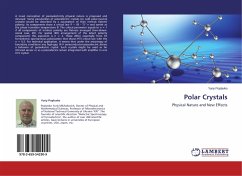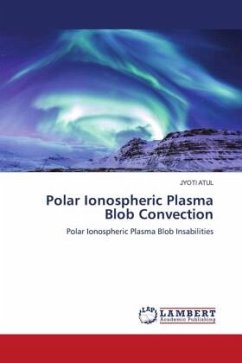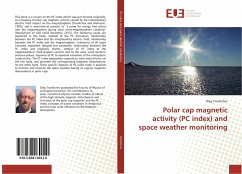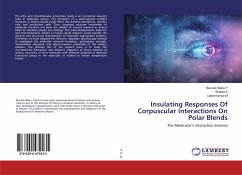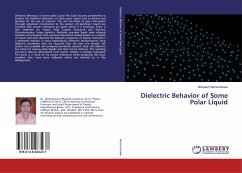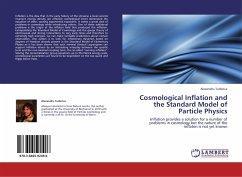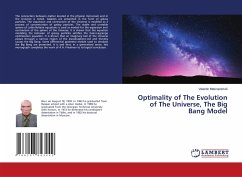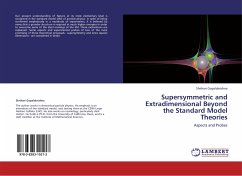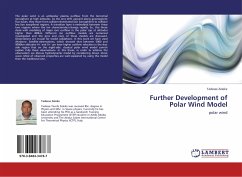
Further Development of Polar Wind Model
polar wind
Versandkostenfrei!
Versandfertig in 6-10 Tagen
32,99 €
inkl. MwSt.

PAYBACK Punkte
16 °P sammeln!
The polar wind is an ambipolar plasma outflow from the terrestrial ionosphere at high latitudes. As the ions drift upward along geomagnetic flux tubes, they move from collision-dominated (ion barosphere) to collision less (ion exosphere) regions. A transition layer is embedded between these two regions where the ion characteristics change rapidly. So, this thesis deals with modeling of major ions outflow in the polar cap at altitudes higher than 400km. Different ion outflow models are numerical investigated and the pros and cons of these models are discussed. Observations are crucial for model...
The polar wind is an ambipolar plasma outflow from the terrestrial ionosphere at high latitudes. As the ions drift upward along geomagnetic flux tubes, they move from collision-dominated (ion barosphere) to collision less (ion exosphere) regions. A transition layer is embedded between these two regions where the ion characteristics change rapidly. So, this thesis deals with modeling of major ions outflow in the polar cap at altitudes higher than 400km. Different ion outflow models are numerical investigated and the pros and cons of these models are discussed. Observations are crucial for model validations. In this work we have used Akebono Satellite observations, which showed that between 5000 and 9000km altitudes H+ and 0+ can have higher outflow velocities in the day-side region that on the night-side. classical polar wind model cannot explain fully these observations. In this thesis, in order to address the observation we discuss hydrodynamic model by considering driven shock wave. Most of observed properties are well explained by using this model than the traditional one.



